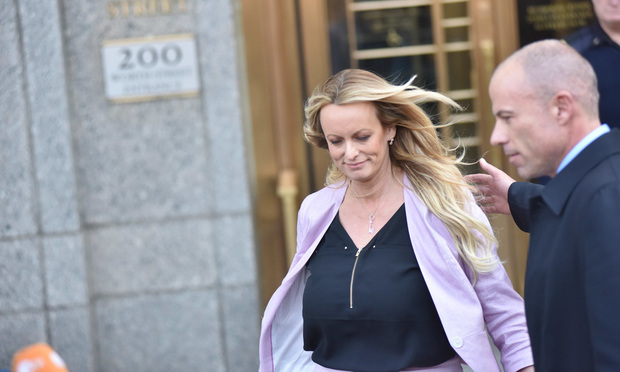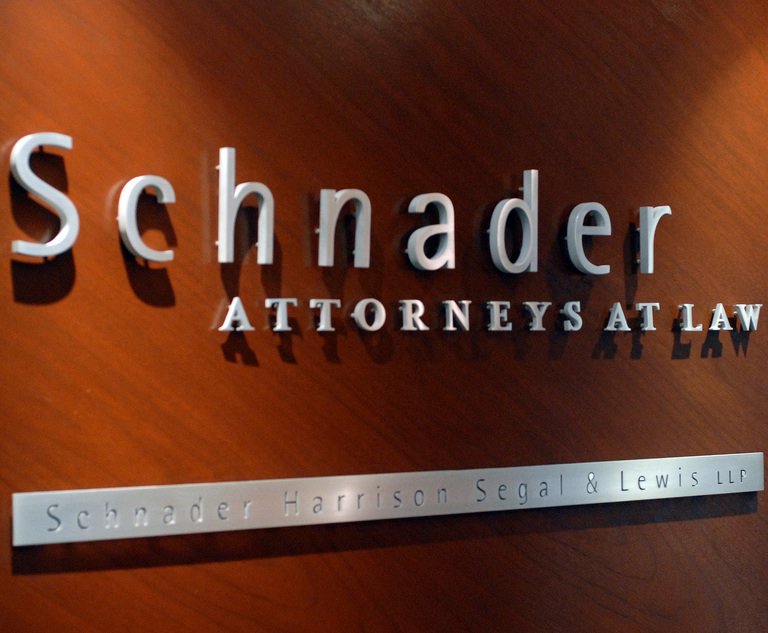There may be no legal matter currently capturing the public’s attention more than the case of Stephanie Clifford (aka Stormy Daniels) and Donald J. Trump. While most of the headlines focus on the allegations regarding their relationship, the case also raises a number of interesting issues concerning arbitration law. In addition to the key threshold question of whether the court or an arbitrator should resolve issues concerning the formation, validity and enforceability of the parties’ 2016 “settlement agreement”—and, more specifically, the agreement’s arbitration clause—the case also raises interesting issues about the right to discovery and a summary jury trial to determine whether an agreement to arbitrate has been formed; the enforceability of an agreement to arbitrate by a person who did not sign the agreement and claims not to have known of its existence; the enforceability of the arbitration clause by an entity to which the clause apparently was not intended to apply; and the availability of ex parte relief from an arbitrator.
Although most readers may be familiar with the basic facts of the case, a brief recap is provided here. The focus of the dispute is an agreement titled “Confidential Settlement Agreement and Mutual Release; Assignment of Copyright and Nondisparagement Agreement,” commonly referred to in the press as the NDA. The NDA identifies three parties to the agreement by their pseudonyms: EC, LLC; David Dennison and Peggy Peterson. The preamble of the NDA references a separate side agreement, which provides the true identities of the parties, namely: Essential Consultants, Donald J. Trump and Stephanie Clifford, aka Stormy Daniels. EC’s attorney, Michael Cohen, signed the NDA on EC’s behalf on Oct. 28, 2016. Trump did not sign the NDA.


 Stormy Daniels and lawyer Michael Avenatti leave the Daniel P. Moynihan Courthouse in Manhattan after a hearing in front of Judge Kimba Wood regarding a search warrant that was executed at the home, hotel and office of Trump’s lawyer Michael Cohen. (Photo by David Handschuh/NYLJ)
Stormy Daniels and lawyer Michael Avenatti leave the Daniel P. Moynihan Courthouse in Manhattan after a hearing in front of Judge Kimba Wood regarding a search warrant that was executed at the home, hotel and office of Trump’s lawyer Michael Cohen. (Photo by David Handschuh/NYLJ)




